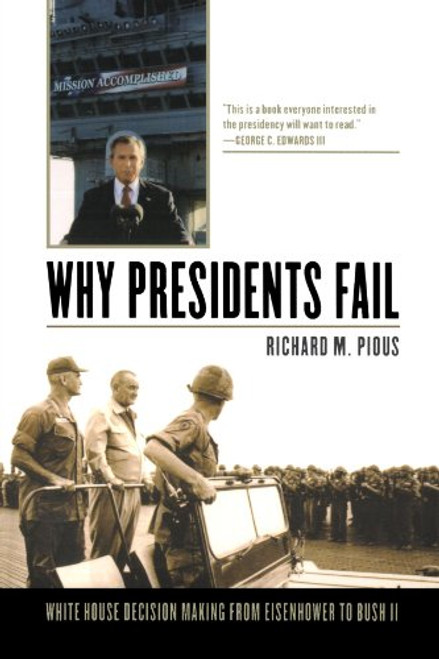A disastrous war in Iraq, prisoner abuse, secret wiretaps--the presidency of George W. Bush represents a crisis in American democracy. How did this happen? In Running Alone the revered political scientist and commentator James MacGregor Burns sets the imperial presidency of George W. Bush in the context of half a century of presidential politics. In his 1960 campaign, John F. Kennedy turned his back on the Democratic Party. He relied instead on his personal charisma and his family's vast wealth to win office. Once elected, he governed much as he had run: alone. He ignored the Democratic platform and instead sought counsel from a small group of hand-picked advisors, including his own brother. Kennedy fundamentally reshaped the role of President, and each of his successors has built on this model. American presidents have become increasingly isolated from the parties that brought them to power. Democratic presidents--Johnson, Carter, and Clinton--did tremendous damage to the Democratic Party by abandoning its core principles. Republican presidents have managed to lead more effectively in isolation, but have imperiled the nation in the process. Drawing on his own personal letters, interviews, and recollections of America's presidents, Burns charts the decline of genuine leadership in the Oval Office and offers a stirring vision of what the presidency can and should be. America deserves better leaders, and with unsurpassed knowledge of American history and politics, Burns shows us the way forward.







